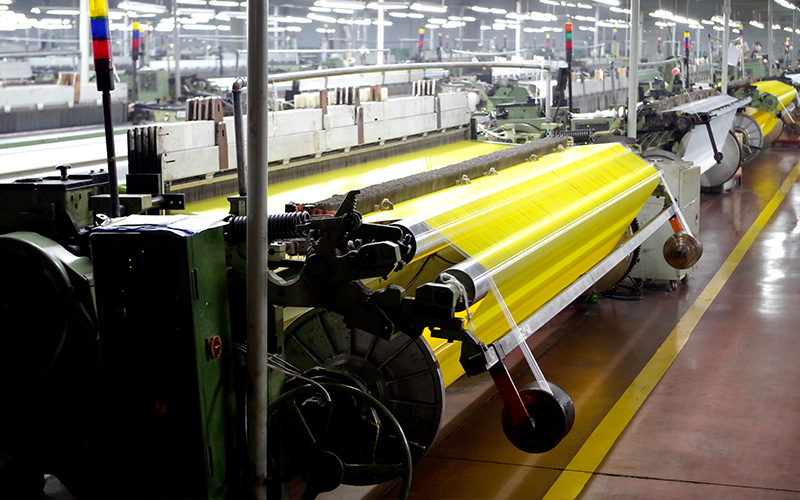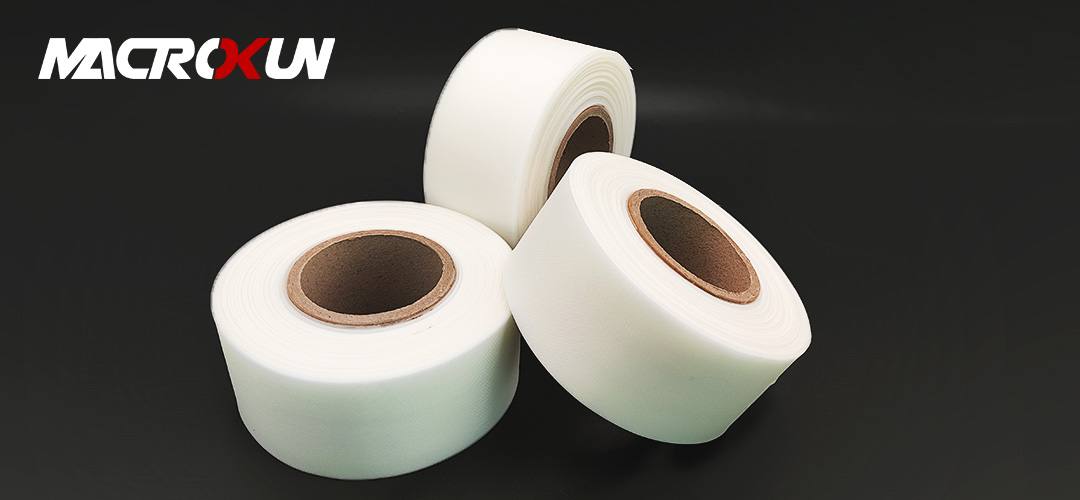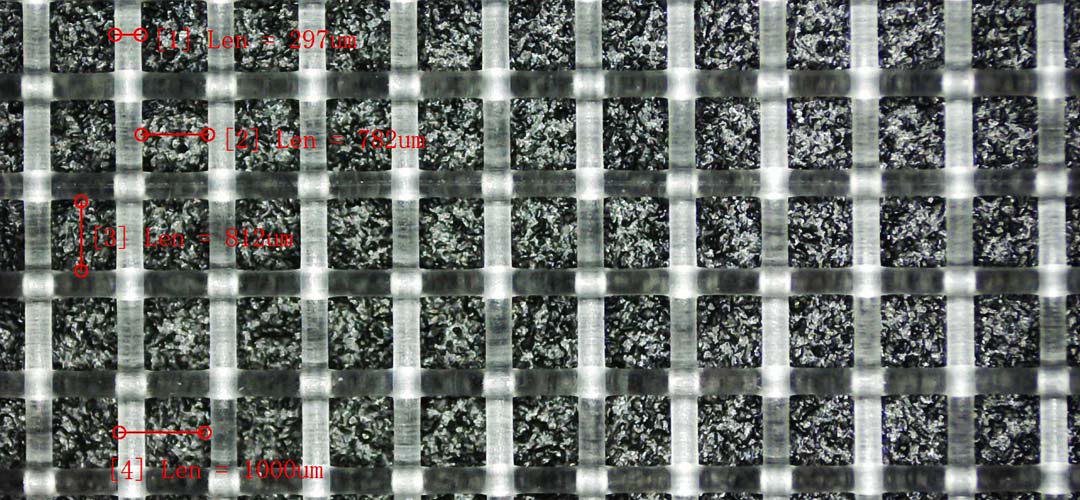Nylon mesh filter material has gained significant traction in various industries due to its remarkable durability, which is a critical factor in ensuring long-lasting performance. This material is engineered to withstand a range of environmental conditions, making it an ideal choice for applications that demand reliability and resilience. One of the primary attributes contributing to the durability of nylon mesh is its inherent resistance to wear and tear. Unlike other filter materials that may degrade over time, nylon mesh maintains its structural integrity even under continuous use, thereby reducing the frequency of replacements and associated costs.
Moreover, nylon mesh exhibits excellent chemical resistance, which is essential in environments where exposure to harsh substances is common. This characteristic allows nylon filters to perform effectively in industries such as pharmaceuticals, food processing, and chemical manufacturing, where the filtration process must not be compromised by the corrosive nature of certain chemicals. As a result, businesses can rely on nylon mesh filters to provide consistent performance without the risk of material degradation, ensuring that operations run smoothly and efficiently.
In addition to its chemical resistance, nylon mesh is also known for its ability to withstand extreme temperatures. This versatility means that it can be utilized in both high-temperature and low-temperature applications without losing its filtering capabilities. For instance, in automotive and aerospace industries, where components are often subjected to fluctuating temperatures, nylon mesh filters can maintain their performance standards, thereby enhancing the overall reliability of the systems in which they are integrated. This thermal stability not only extends the lifespan of the filters but also contributes to the safety and efficiency of the equipment they serve.
Furthermore, the lightweight nature of nylon mesh adds to its appeal in various applications. Its low weight facilitates easier handling and installation, which can be particularly advantageous in large-scale operations where efficiency is paramount. The ease of installation also means that downtime can be minimized, allowing businesses to maintain productivity levels while ensuring that their filtration systems are operating at peak performance. This combination of durability and practicality makes nylon mesh an attractive option for companies looking to optimize their filtration processes.
Another significant aspect of nylon mesh filter material is its ability to be cleaned and reused. Unlike disposable filters that contribute to waste and require constant replacement, nylon mesh can be easily cleaned and restored to its original condition. This not only promotes sustainability but also offers a cost-effective solution for businesses that prioritize long-term investments. By choosing nylon mesh filters, companies can reduce their environmental footprint while simultaneously benefiting from the economic advantages of reusability.

In conclusion, the durability of nylon mesh filter material is a key factor that ensures long-lasting performance across various industries. Its resistance to wear, chemical exposure, and temperature fluctuations, combined with its lightweight nature and reusability, positions it as a superior choice for filtration needs. As businesses continue to seek reliable and efficient solutions, the adoption of nylon mesh filters is likely to grow, driven by the material’s ability to deliver consistent performance while minimizing operational costs. Ultimately, investing in nylon mesh filter material not only enhances the efficiency of filtration systems but also contributes to the overall sustainability and profitability of industrial operations.
Nylon mesh filter material has gained significant recognition in various industries due to its remarkable resistance to chemical degradation, which is a critical factor in ensuring long-lasting performance. This characteristic is particularly important in environments where filters are exposed to aggressive chemicals, solvents, and other harsh substances. The ability of nylon mesh to withstand these conditions not only enhances its durability but also extends the lifespan of filtration systems, making it a preferred choice for many applications.
One of the primary reasons for nylon mesh‘s resistance to chemical degradation lies in its molecular structure. Nylon, a synthetic polymer, exhibits a high degree of stability when exposed to a range of chemicals. This stability is attributed to the strong hydrogen bonds within its molecular chains, which provide resilience against chemical attacks. As a result, nylon mesh can maintain its integrity and functionality even when subjected to corrosive agents, ensuring that filtration processes remain effective over time.
Moreover, the versatility of nylon mesh allows it to be engineered for specific applications, further enhancing its resistance to chemical degradation. Manufacturers can modify the composition of nylon to create specialized grades that are tailored to withstand particular chemicals or environmental conditions. For instance, certain formulations of nylon mesh are designed to resist acids, bases, and organic solvents, making them suitable for use in laboratories, chemical processing plants, and wastewater treatment facilities. This adaptability not only broadens the scope of applications for nylon mesh but also reinforces its reputation as a reliable filtration material.
In addition to its inherent chemical resistance, nylon mesh filter material also benefits from its ability to maintain consistent performance under varying temperatures and pressures. Many filtration applications involve fluctuating conditions that can exacerbate the effects of chemical exposure. However, nylon mesh is engineered to perform optimally across a wide range of temperatures, ensuring that it does not become brittle or lose its structural integrity when faced with extreme conditions. This thermal stability, combined with its chemical resistance, makes nylon mesh an ideal choice for industries that require robust filtration solutions.
Furthermore, the long-lasting performance of nylon mesh filters translates into cost savings for businesses. By reducing the frequency of filter replacements and minimizing downtime associated with maintenance, companies can achieve greater operational efficiency. This economic advantage is particularly significant in industries where filtration is critical to product quality and compliance with regulatory standards. As a result, investing in high-quality nylon mesh filters can yield substantial returns over time, reinforcing the material’s value proposition.
In conclusion, the resistance to chemical degradation exhibited by nylon mesh filter material is a key factor that ensures its long-lasting performance across various applications. Its molecular structure provides inherent stability against a wide range of chemicals, while its versatility allows for customization to meet specific industry needs. Additionally, the ability to maintain performance under varying conditions further enhances its reliability. Ultimately, the combination of these attributes not only contributes to the durability of nylon mesh filters but also offers significant economic benefits for businesses that rely on effective filtration solutions. As industries continue to evolve and face new challenges, the role of nylon mesh in ensuring efficient and sustainable filtration will undoubtedly remain paramount.
Nylon mesh filters have gained significant traction in various industries due to their remarkable durability and efficiency. One of the standout features of these filters is their maintenance and cleaning benefits, which contribute to their long-lasting performance. Unlike traditional filters that may require frequent replacements, nylon mesh filters can be easily cleaned and reused, making them a cost-effective solution for businesses. This aspect not only reduces operational costs but also minimizes waste, aligning with the growing emphasis on sustainability in industrial practices.
The cleaning process for nylon mesh filters is relatively straightforward, which is a significant advantage for organizations looking to streamline their maintenance routines. Typically, these filters can be rinsed with water to remove accumulated debris and contaminants. In many cases, a gentle scrub with a soft brush is sufficient to restore the filter to its original condition. This ease of cleaning allows for quick turnaround times, ensuring that operations can resume without prolonged downtime. Furthermore, the ability to maintain the filters in-house reduces reliance on external services, thereby enhancing operational efficiency.
In addition to their ease of cleaning, nylon mesh filters exhibit excellent resistance to a variety of chemicals and environmental conditions. This resilience means that they can be used in diverse applications, from food and beverage processing to chemical manufacturing, without the risk of degradation. As a result, businesses can maintain consistent performance levels over extended periods, which is crucial for meeting production targets and maintaining product quality. The longevity of nylon mesh filters, combined with their cleaning capabilities, translates into fewer replacements and less frequent maintenance interventions, ultimately leading to increased productivity.
Moreover, the design of nylon mesh filters allows for effective filtration without compromising flow rates. This characteristic is particularly beneficial in applications where maintaining optimal flow is essential. When filters are easy to clean and maintain, operators can ensure that the filtration system remains efficient, preventing bottlenecks in production processes. Consequently, businesses can achieve higher throughput while minimizing the risk of contamination, which is vital for maintaining compliance with industry standards.

Another noteworthy aspect of nylon mesh filters is their adaptability to various filtration needs. They are available in different mesh sizes, allowing businesses to select the appropriate filter for their specific applications. This versatility means that organizations can optimize their filtration processes without the need for multiple filter types, further simplifying maintenance and cleaning procedures. By consolidating filtration solutions, companies can reduce inventory costs and streamline their supply chain management.
In conclusion, the maintenance and cleaning benefits of nylon mesh filters play a pivotal role in ensuring their long-lasting performance. Their ease of cleaning, chemical resistance, and adaptability make them an ideal choice for a wide range of industries. By investing in nylon mesh filters, businesses not only enhance their operational efficiency but also contribute to sustainability efforts by reducing waste and minimizing the frequency of replacements. As industries continue to evolve and prioritize efficiency and environmental responsibility, the role of nylon mesh filters will undoubtedly become increasingly significant, solidifying their place as a reliable solution for filtration needs.

Pre: Why Nylon Mesh Is a Versatile Filtration Media Material
Next: Differences Between Polyester and Nylon Filter Mesh Explained

MACROKUN has established long-term and stable cooperative relations with many transportation companies such as China Post, DHL, FEDEX, USPS, UPS, etc. Of course, MACROKUN can also provide air and sea transportation. The powerful logistics system enables all MACROKUN'S Printing Mesh, Filter Mesh and Filter Bags and so on to be easily and efficiently transported to any place. For quotes and inquiries, please email our sales team.





